The new project under the auspices of the Jesuits Refugee Service (JRS) to be launched in Nigeria’s embattled Borno State aims at fostering access to “safe and quality education” in the Northeastern region of the country.
In a Tuesday, July 18 report, officials of the international refugee entity of the Society of Jesus (Jesuits) say the two-year European Union (EU)-funded initiative is set for implementation in the hard-to-reach Local Government Areas (LGAs) of Dikwa and Monguno communities that are mostly affected by the violent conflicts in the Nigerian State.

“The Jesuit Refugee Service is thrilled to announce the launch of a new project aimed at increasing access to safe and quality education in conflict-affected areas of Borno State, Nigeria,” JRS officials say.
They explain, “Considering the ongoing armed conflict in the region, access to education has become a significant challenge for school-aged children, including internally displaced persons (IDPs), returnees, and host community children, especially girls, and children with disabilities.”
JRS officials say the project targets 23,442 children including “18,905 school-aged children (10,892 females, 8,013 males) who will have access to improved formal education, while 4,170 school-aged children (2,502 females, 1,668 males) will access non-formal education.”
In the July 18 report, JRS Nigeria Deputy Country Director, Jado Bernard, says the project aims at making “a difference in the lives of children affected by the conflict in Dikwa and Monguno LGAs of Borno State.”
“Education has the power to transform communities. By providing access to a safe and quality learning environment to school-aged girls, boys, and children with disabilities, we are contributing to the future of these children and their families,” says Mr. Bernard.
Officials of the Jesuit entity that has been present in Nigeria since 2018 say they seek to collaborate with local partners, government authorities, and community stakeholders to ensure the success and sustainability of the education initiative.
Source: ACIAAFRICA

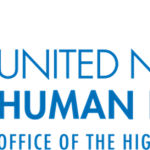
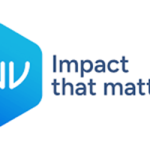
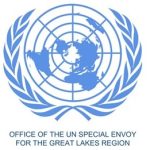

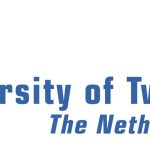
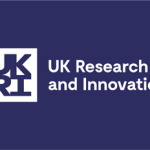
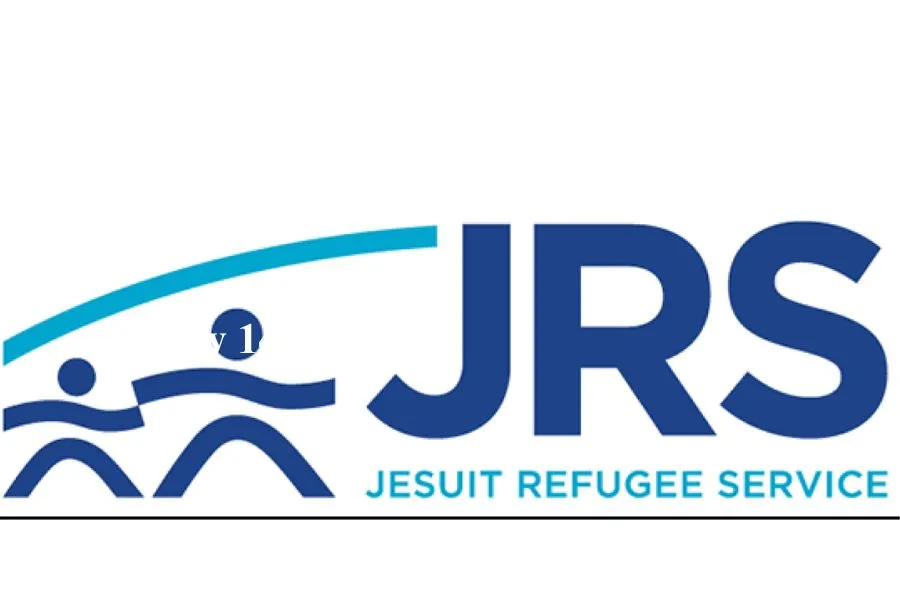


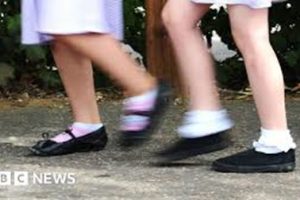
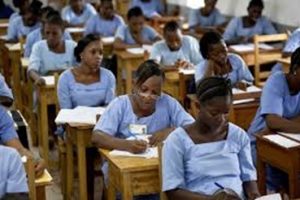








Add Comment